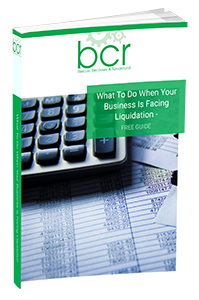A winding up petition is by far the most serious action that can be taken against your company. Often it arises because a creditor feels that they have no other way of recovering money owed to them. You may have tried hard to meet their payment deadlines, but the trust has been broken and your creditor has requested a winding up petition as a last resort.
Normally a creditor will issue a statutory demand and then 21 days must pass before they can ask the court to issue a winding up petition.
If you have received the statutory demand you have 21 days to dispute the demand, or to come to an agreement with your creditor regarding payment.
If this hasn’t happened and a winding up petition has been served against the company, you have 10 days to settle the debt, or have a repayment plan accepted by the creditor, before the petition is advertised in the London Gazette.
The London Gazette is published daily, in print and online and is fully accessible to the public. It is very common for your bank account to be frozen once the London Gazette advertisement appears. There is also the likelihood that your other creditors will withdraw credit facilities, make their own demands for payment and even join the court action.
If you have received a winding up petition, seek professional advice immediately.

If your business is in trouble - if you are facing creditor debts, HMRC debts, or struggling to meet payroll, then you could be facing liquidation. Can your business be saved? Download our free guide, 'What To Do When You Are Facing Liquidation' now.
